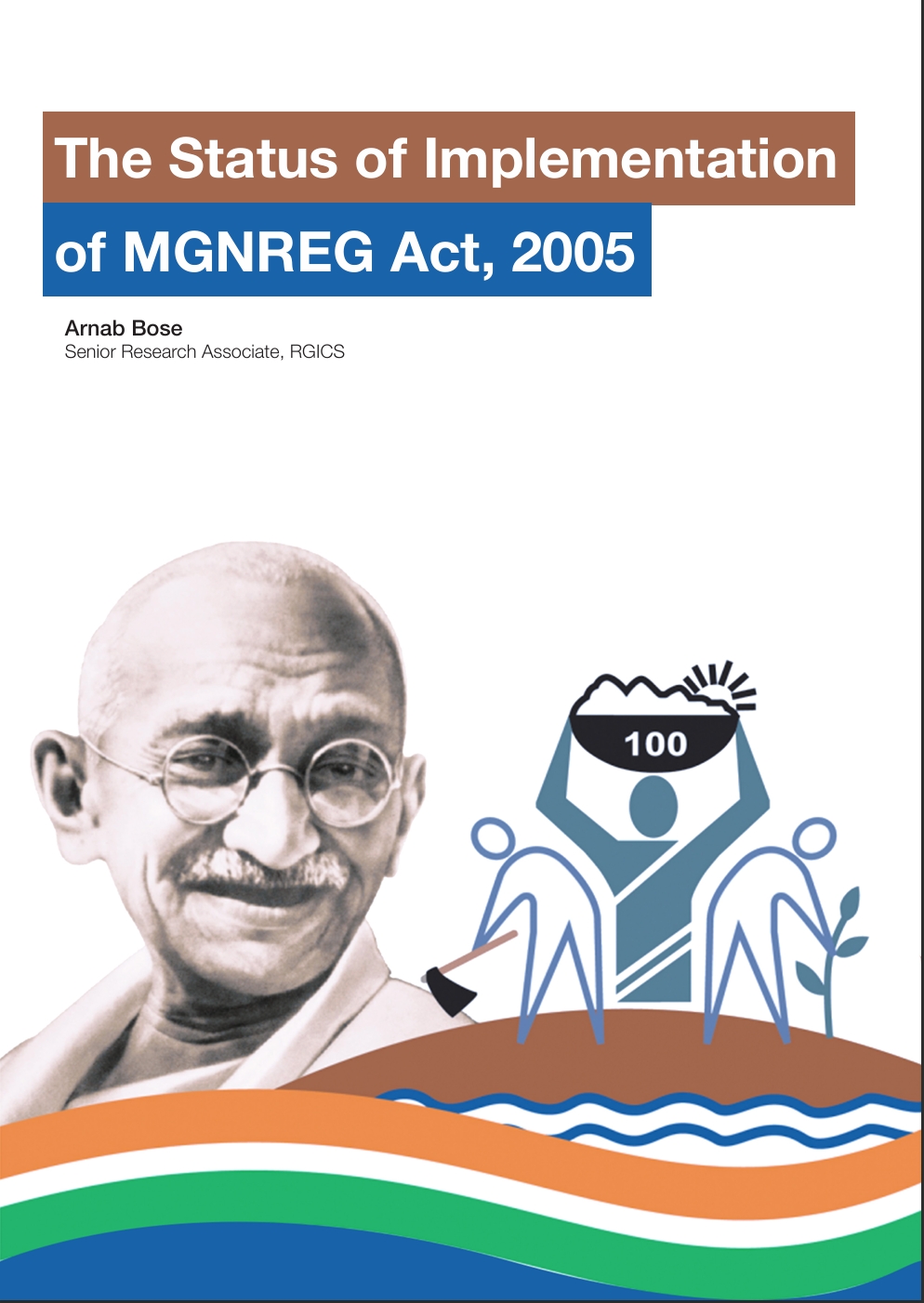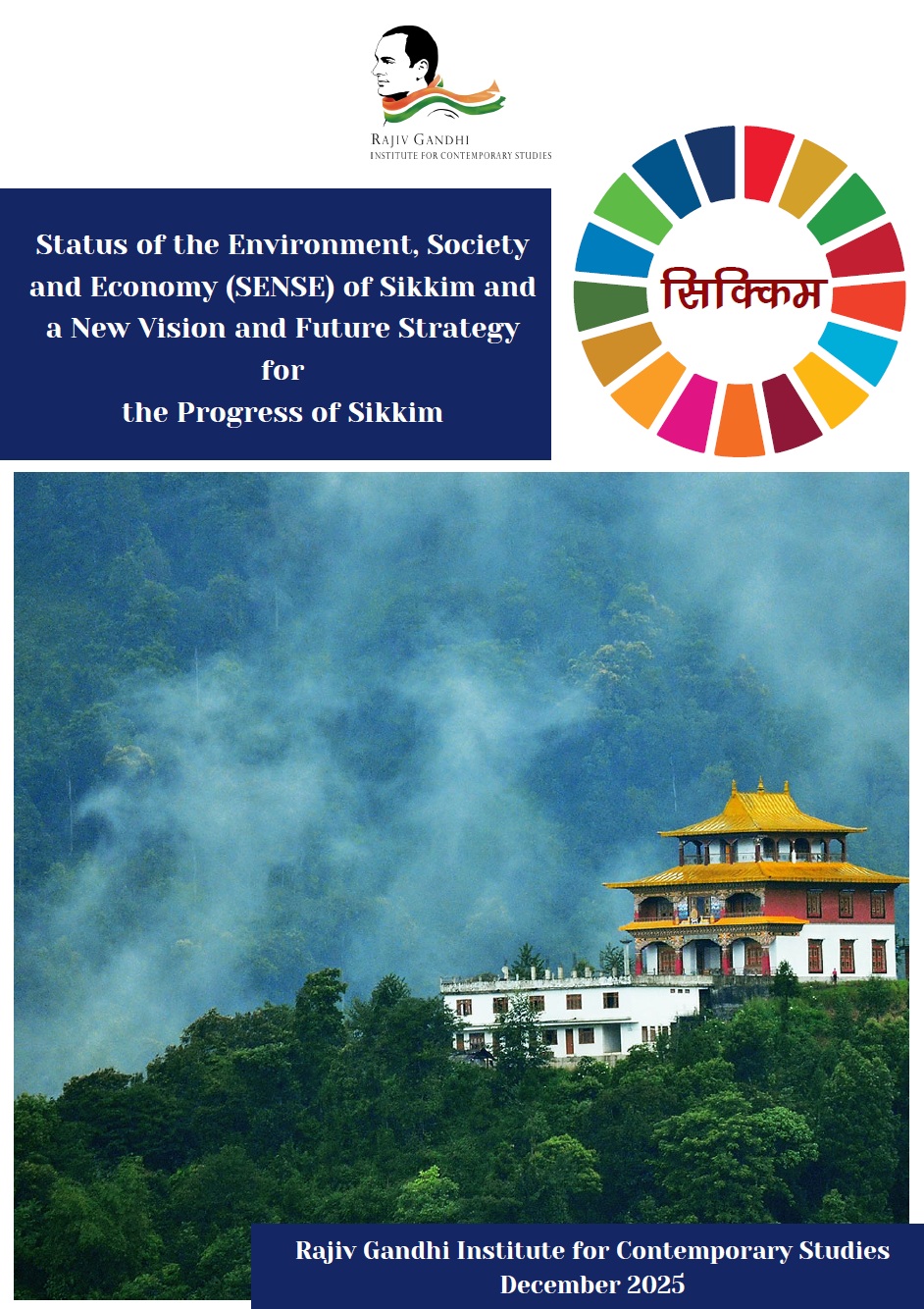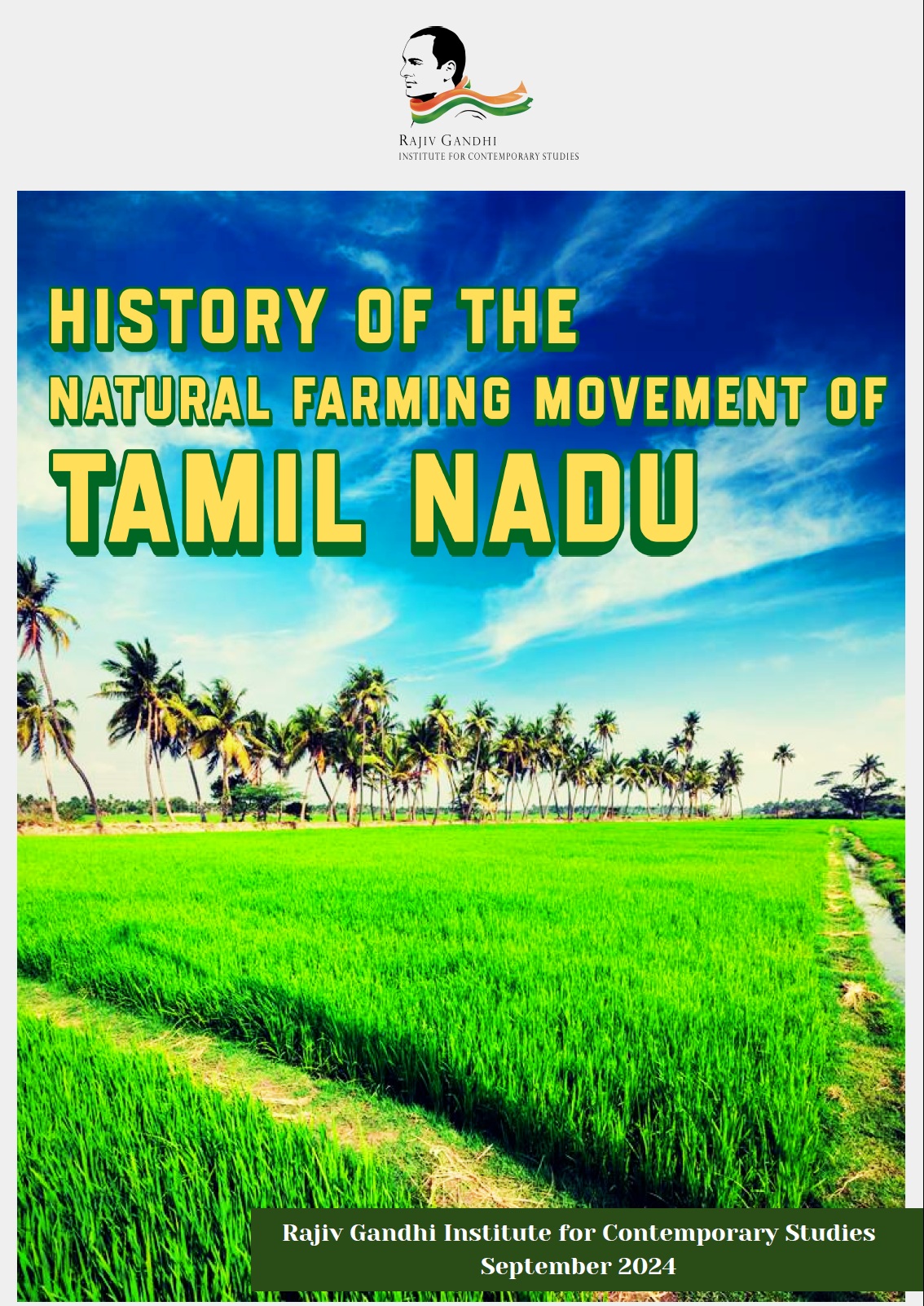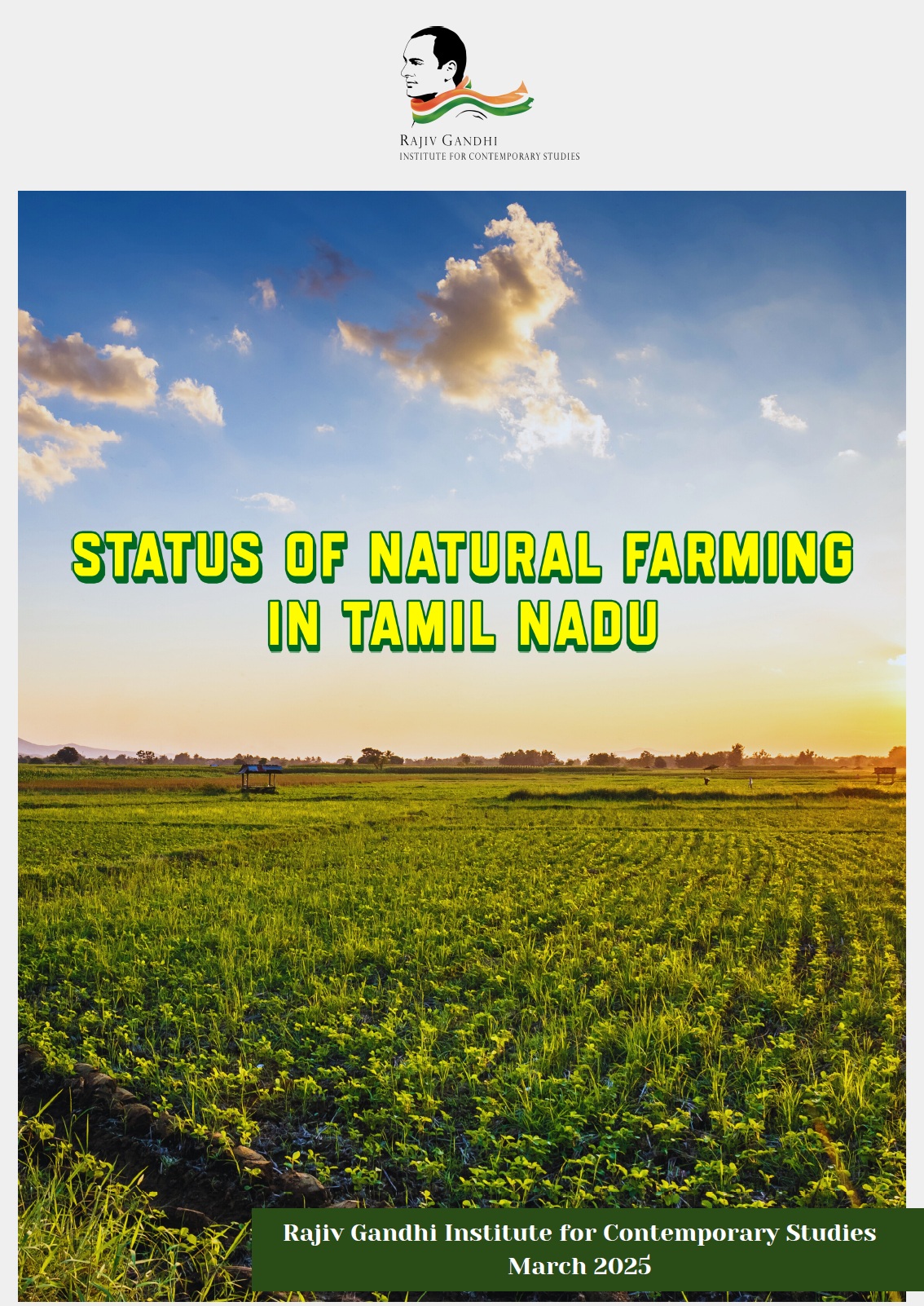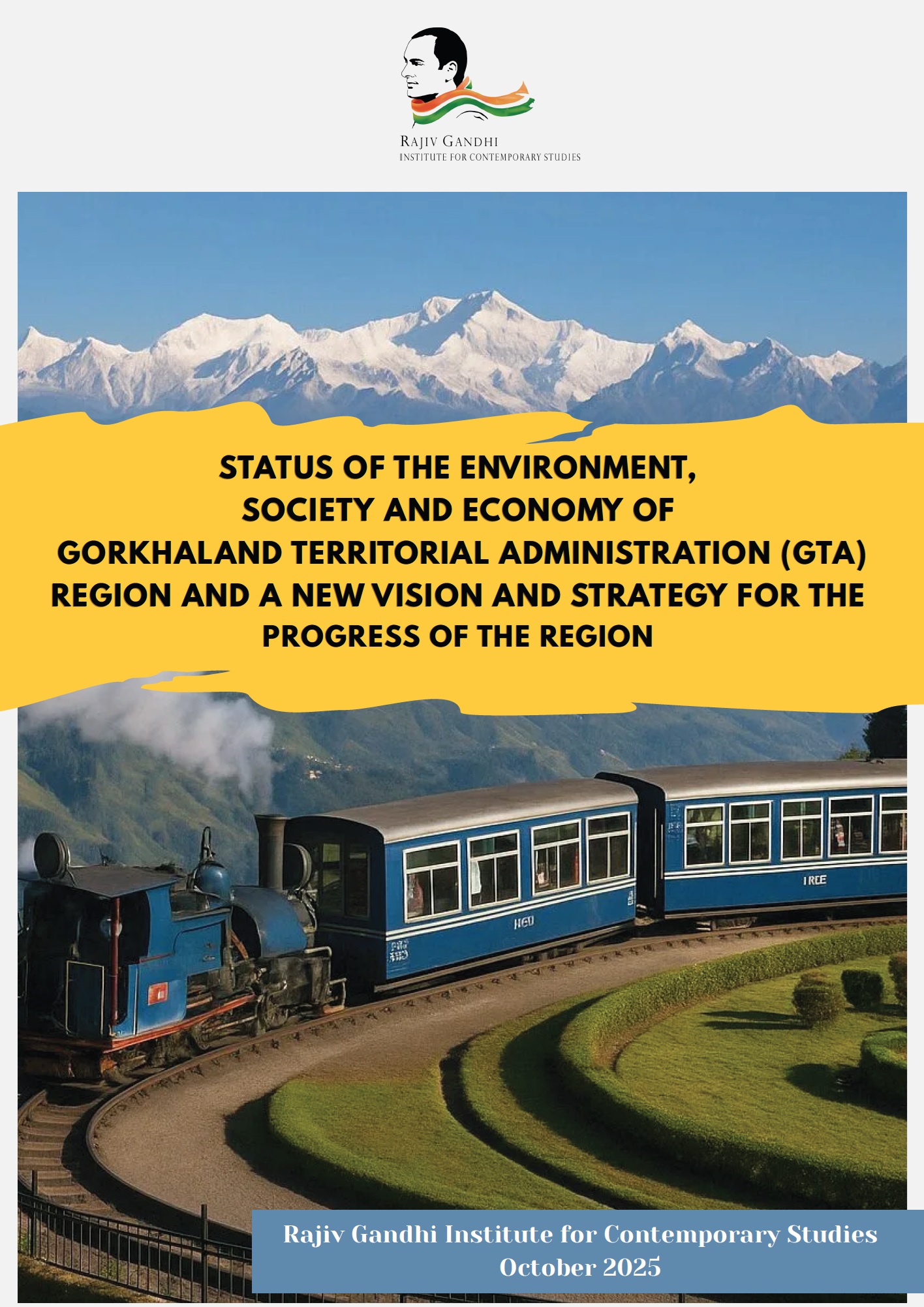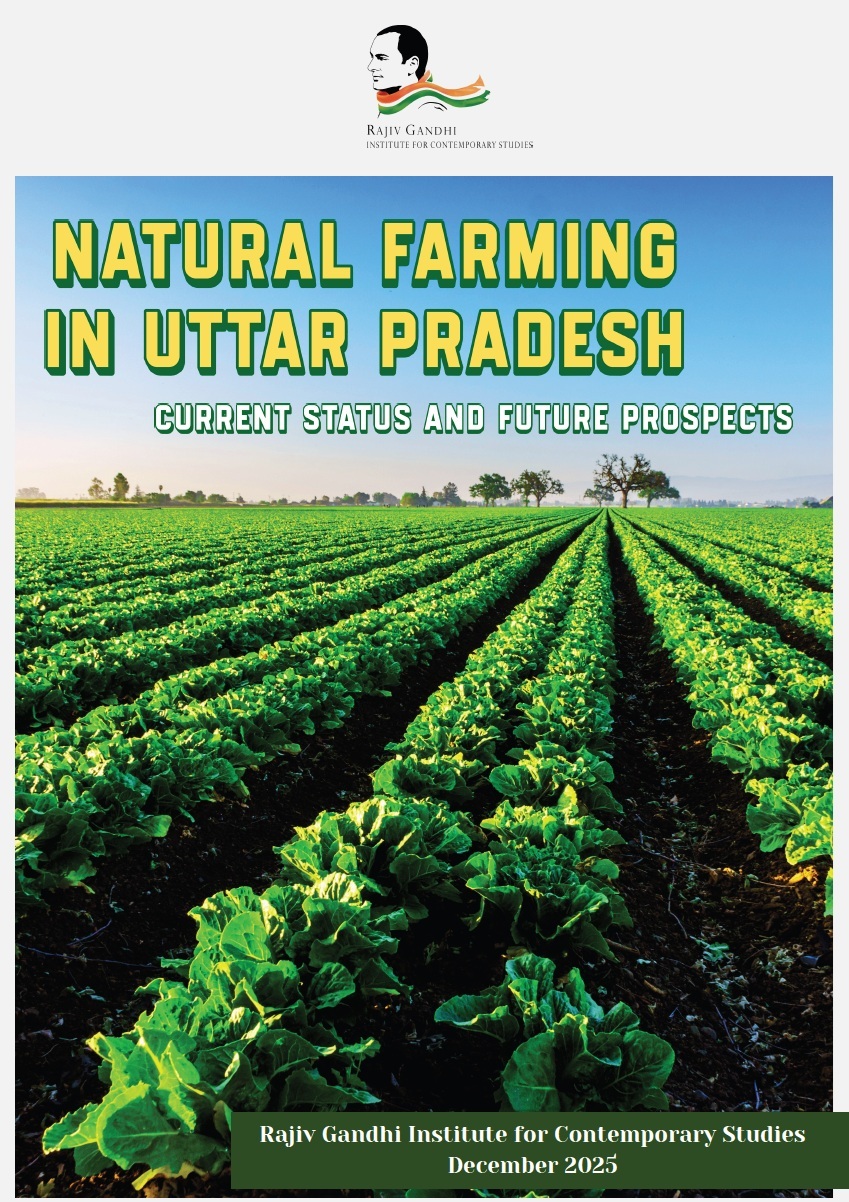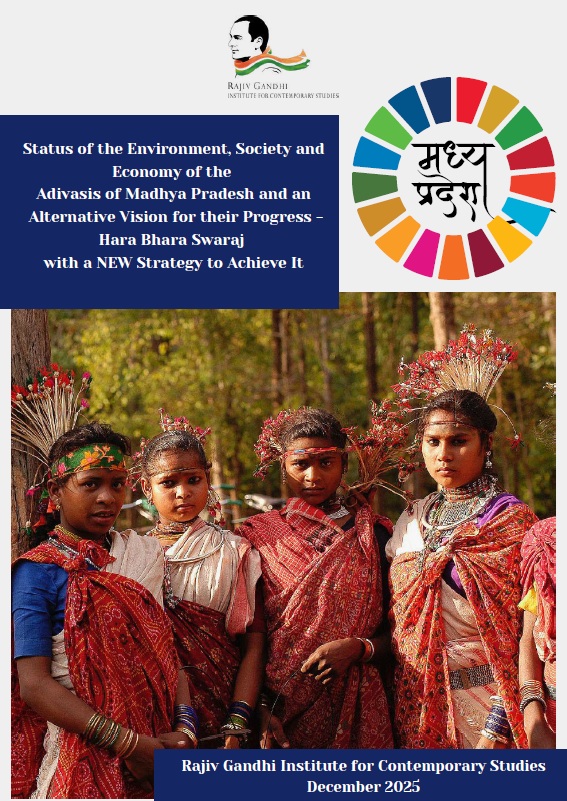For millions of rural families across India, MGNREGA isn’t just a policy—it’s survival. Since its launch in 2005, it has provided 100 days of guaranteed work to those in need, reducing poverty, migration, and financial insecurity. It has especially helped women, small farmers, and landless laborers find a reliable source of income. But while the scheme has changed many lives, it also struggles under the weight of delays, corruption, and inefficiencies. Late wage payments, low wages, lack of awareness, and bureaucratic red tape have turned what should be a safety net into a frustrating process for workers.
Picture a mother in a drought-hit village who depends on MGNREGA wages to feed her children. She applies for work, knowing she should get a job within 15 days, but nothing happens. When she finally gets work, her wages take months to arrive, pushing her to borrow money at high interest rates. Across many states, MGNREGA wages are lower than the legal minimum wage, making survival even harder. Meanwhile, contractors and machines illegally replace manual labor, taking away jobs meant for the poor. Many workers don’t even know their rights, leaving them vulnerable to exploitation.
For MGNREGA to work as intended, the government needs to ensure timely wage payments, increase wages, and strengthen local governance. Gram Panchayats should have more control over implementation, and social audits must be conducted regularly to prevent corruption. Most importantly, workers need to be made aware of their rights so they can demand what’s legally theirs.
For India’s rural poor, MGNREGA isn’t just about jobs—it’s about dignity, security, and survival. Fixing its flaws means giving millions a real chance at a better future.
Keywords: MGNREGA, Employment Guarantee, Rural Development, Wage Payment, Social Audit, Unemployment Allowance, Decentralized Governance, Public Works Programme, Labour Rights
The Status of Implementation of MGNREG Act, 2005
Send download link to:

